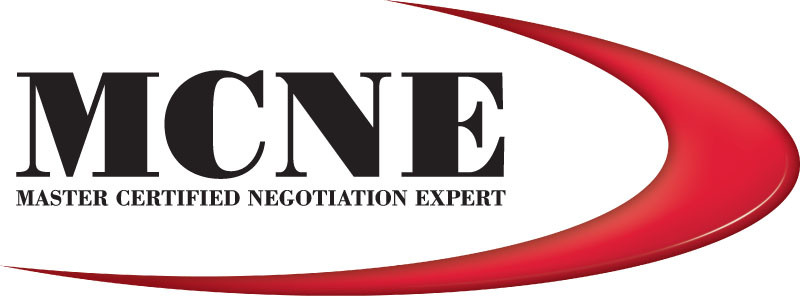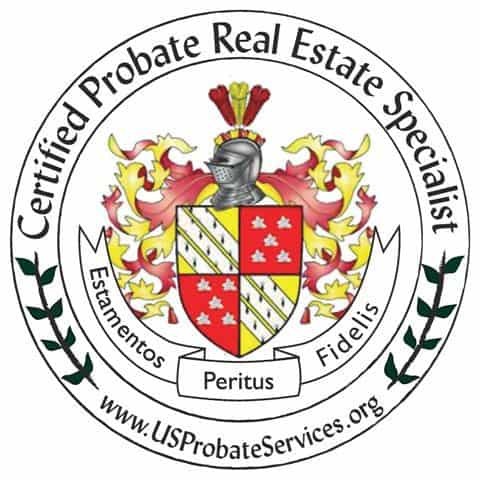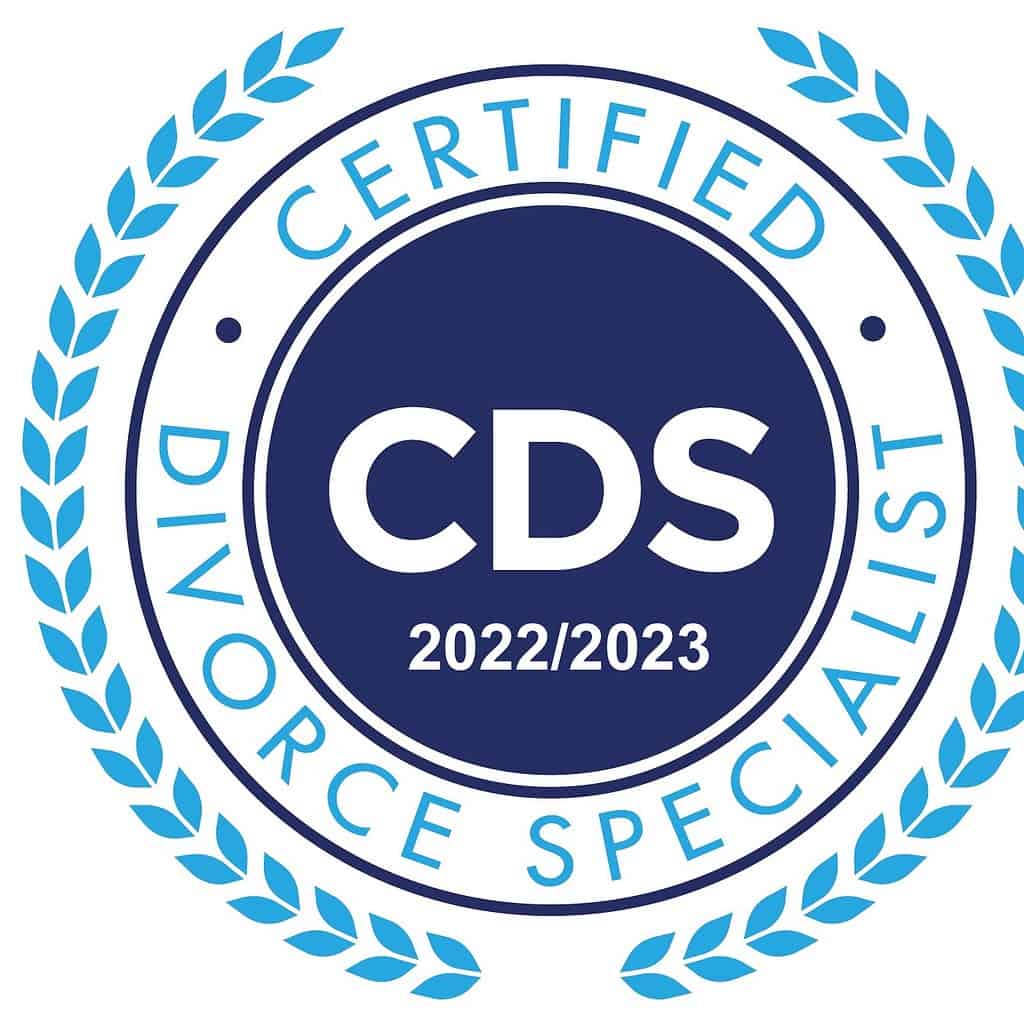
How To Get Property Tax Relief In Salt Lake County. Elderly Or Low Income
How To Get Property Tax Relief In Salt Lake County. Elderly Or Low Income

Navigating through the maze of property taxes can be a daunting task, particularly for the elderly or those with low incomes. However, in Salt Lake County, there are several options available to facilitate this process and grant some relief. Our blog post titled ‘How to get property tax relief in Salt Lake County: A Guide for the Elderly or Low Income’ breaks down the information into manageable steps, ensuring not only eligibility but also a comprehensive understanding of the potential savings on property taxes. Let’s explore the relief programs designed to ease the financial load and provide some peace of mind.
Procedures For Applying For Property Tax Relief
As a resident of Salt Lake County, you may be eligible for property tax relief if you meet certain criteria. This can include being elderly or having a low income. Property tax relief programs exist to help the most vulnerable members of our society carry the financial burden of homeownership, especially if they do not have sufficient income to offset the taxes imposed on their homes.
Before you begin the process of applying for property tax relief, you need to gather some essential documents that will serve as proof of your eligibility for the relief program. These typically include proof of income, proof of age or disability, a copy of your most recent tax bill, and residency documentation. Income proof can be in the form of tax returns or pay statements. As for residency documentation, it would usually comprise utility bills or a driver’s license indicating your current address. Acquiring these documents should be your first step towards property tax relief.
After assembling the necessary proofs, you will then need to complete the application form which can be found on the Salt Lake County Treasurer’s website. The forms are typically straightforward and mainly require information about your home, your personal details, and your financial situation. Take care to complete the form accurately, as any inaccuracies can lead to delays in processing or denial of your application for tax relief.
The timeline for submitting an application usually runs from January 1st to September 1st of each year. So it’s important to keep an eye on the calendar to avoid missing the deadline. Once the form and all necessary documents have been prepared, submit them to the Salt Lake County Assessor’s Office. Should your application be accepted, you will then receive confirmation by mail. It’s important to note that even upon approval, residents are still required to reapply every year to confirm their ongoing eligibility.
It’s equally important to be aware of the Circuit Breaker program specifically designed for senior citizens and disabled persons. The Circuit Breaker program provides a certain level of property tax credits for individuals in these categories as long as they meet certain income requirements. Application forms for this relief program can also be found on the Salt Lake County Treasurer’s website, and similar to the regular property tax relief program, applications must filled out meticulously, focusing on accuracy.
What if you’re a low-income homeowner? Salt Lake County provides another program called the Indigent Abatement program designed specifically to address this. Depending on income level and other qualifying factors, it could potentially eliminate the whole property tax bill. As with the previous processes, you’ll need to thoroughly fill out the application found on the Treasurer’s website and submit it with required documents.
In case the application procedure feels overwhelming, you can always seek assistance. Reach out to the Salt Lake County Assessor’s Office via phone or email, or visit the office in person. The staff can provide guidance with the application process and answer questions that you may have. It’s your right to take advantage of these programs if you qualify and it may truly lighten the load of your financial obligations. So make sure to leverage this opportunity.
Special Provisions For Elderly And Low-Income Residents
Often, homeowners find property taxes, which are a form of local tax labeled according to a home’s assessed value, to be a significant burden. This may particularly apply to those with low income or the elderly population that is living on a fixed income. However, the good news is that Salt Lake County offers several provisions to reduce the impact of property taxes for these demographic groups. These provisions, dubbed Special Provisions for Elderly and Low-Income Residents, are designed to ensure that individuals living on limited budgets are not unduly weighed down by these property-based fiscal obligations.
To begin with, the Circuit Breaker program is one of the options especially dedicated to senior citizens and those with limited incomes. To qualify, one must meet certain criteria, such as specific income limits based on filing status and age. This program effectively acts as a ‘circuit breaker,’ stopping the potentially overwhelming influx of property taxes for individuals who may be struggling to afford the payment. The Circuit Breaker tax credits are designed to help homeowners and renters who are aged 66 and above and are paying high property rents or taxes relative to their income.
Another similar provision is the Indigent Abatement program. This provision gives a tax abatement to citizens who, because of reasons such as disability, age, or income, are classified as indigent and therefore unable to contribute to the property tax. Such individuals must meet specific requirements regarding household income, property value, and the percentage of income spent on housing costs in order to be eligible. If qualified, they can receive from fifty percent up to a full abatement, thereby lowering their annual property tax burden.
A third program worth mentioning is the Hardship Abatement. This can be granted to homeowners who are experiencing financial distress or are unable to meet the property tax obligations due to unpredictable or unforeseeable situations. These situations may include loss of employment, mounting medical bills, a divorce, or a death in the family. It’s worth noting that this hardship abatement is not solely restricted to the elderly or those with low incomes – all homeowners facing similar circumstances may apply. However, the clerk’s office reviews each case individually and the abatement granted depends on the office’s assessment of the urgency and severity of the case.
Let’s not forget the Disabled Veteran Property Tax Exemption program that offers tax relief to veterans residing in Salt Lake County. This program provides a property tax exemption for primary residences of veterans with a 10% or more service-connected disability. The exemption helps to reduce the assessed value of their property before the property tax is calculated.
Finally, there’s also room for property tax relief through the Farmland Assessment Act. Despite its name, it’s not only applicable to farmers. If a portion of your property is used for agricultural purposes, then you can apply for this relief, which will bring about a reduction in your assessed property value that is then factored into calculating your taxes.
Applying for these programs is usually required each year, and the process entails filling out the necessary forms and submitting them to Salt Lake County. For all these programs, it’s highly advised to seek advice from a tax professional to ensure a smooth application process and prevent any unnecessary complications or delays.
In conclusion, property tax relief provisions, aimed at assisting the elderly and low-income residents of Salt Lake County, can make a significant difference in managing finances effectively. Navigating these provisions may require some effort, but the reduction in financial burden they offer is well worth it.
Understanding Property Tax Relief Programs In Salt Lake County
Property taxes can often emerge as a substantial financial burden for homeowners, especially for those who are elderly or from a low-income background. If you’re residing in Salt Lake County, you’ll be pleased to know that various programs exist to aid such homeowners by offering property tax relief. These programs come in different forms such as exemptions, deferrals, refunds, or even credits. It’s important to understand the basic mechanics of these programs given their potential to significantly reduce your property tax bill.
To begin with, the major form of property tax relief at the local level in Salt Lake County is offered through exemptions. Exemptions function by reducing the taxable value of your property, thereby lessening your overall tax bill. Homestead exemptions are the most common, which allow you to shelter a certain dollar amount or percentage of your home’s value from taxation. The Circuit Breaker program, a primary example of this kind, is designed to protect elderly and disabled homeowners who have household incomes below a certain threshold. Applicants need to either be aged 66 or over, or disabled, and their annual income should not exceed the limit for that tax year which is established by the state government.
Similarly, other categories of property tax exemptions, such as the Indigent Abatement and Blind Exemption programs in Salt Lake County, cater specifically to homeowners with visual disabilities or those categorised as indigent. While both these classifications have their respective income limits to qualify, they could potentially provide up to 100% exemption on your property tax.
Next, it’s worth exploring the role of tax deferrals, which though less common, offer a valuable lifeline to certain homeowners. The Hardship Deferral program, for instance, allows eligible homeowners to defer payment of their property taxes due to financial hardship.The deferred taxes then become a lien on the property and are required to be repaid when the property is sold. This can be a viable option for those who are cash-poor but equity-rich, particularly among elderly homeowners.
Then there are refund programs like the Residential Property Tax Refund, based on a homeowner’s age and annual income. If you qualify, a portion of the property tax paid may be refunded to you.
Finally, we must look at the role of tax credits. Tax credits reduce your tax bill directly, dollar for dollar. The Veterans with a Disability Exemption in Salt Lake County serves as a perfect example. This program offers a property tax credit to disabled veterans or their surviving unmarried spouses and minor children.
It’s crucial to point out that to qualify for these programs, homeowners must fulfill specific criteria and submit an application either online or by mail before the due date each year. Also, remember, some exemptions, once granted, continue until homeownership changes or eligibility criteria are no longer met. Others may need to be renewed annually.
Understanding these programs and navigating the eligibility requirements can be daunting. However, the long-term benefits for eligible homeowners make it worth the effort. By effectively leveraging these programs, elderly and low-income homeowners in Salt Lake County can gain substantial relief from their annual property tax bill.
Maximizing Your Benefits: Efficient Strategies To Optimize Your Tax Relief
Navigating the intricacies of property taxes can be daunting, especially for those who belong to the elderly demographic or have a low income. Thankfully, Salt Lake County offers a wealth of strategies and resources to help you optimize your tax relief, even in difficult circumstances.
First off, it’s crucial to understand the underlying principle of taxes— you are taxed based on the value of your property. Thus, an effective way to reduce your property tax is by reassessing the tax valuation of your property to ensure accuracy. Often, property valuations may be too high, which means you could be paying more in taxes than you should. If you can present a convincing case that your property value is overestimated, you may earn a significant reduction in your taxes. You typically have the right to appeal the tax assessment within a specific timeframe, so make sure to check and follow the timing requirements.
Another helpful strategy is to apply for the homeowner’s exemption. In Salt Lake County, households with a combined income of $34,450 or less could be eligible for this exemption. This policy reduces the taxable value of your home, which translates into lower property taxes. However, eligibility criteria for this exemption include being at least 65 years old or having a disability among others, so it is crucial to check the stipulations of the exemption before applying.
There’s also an other significant tax relief option in Salt Lake County – the Circuit Breaker program. This plan tends to benefit those who are elderly or in low income brackets by providing relief on property taxes, and sometimes even rent. The Circuit Breaker program operates based on income level thresholds, and if your income falls below these limits, you could be eligible for tax credits or deferrals.
Moreover, it’s vital to keep an eye out for any relevant updates or changes in tax law or property valuations in the county. Government authorities periodically review these laws, and changes can impact your potential tax savings. Stay updated on any new opportunities for tax relief.
Last but not least, know that you do not have to navigate this journey alone. There are many free or affordable tax advisors and attorneys in Salt Lake County who specialize in property taxes and can provide comprehensive guidance and support. They are equipped to assist in disputing tax assessments, understanding tax law nuances, and identifying the best applicable tax reductions or exemptions.
In conclusion, the most efficient strategy to optimizing your property tax relief is being proactive, diligently applying for tax relief programs, and making a deliberate effort to stay informed about the county’s tax laws and regulations. Additionally, taking help from professionals when needed can prove to be a prudent investment in your quest to minimize your property tax liabilities. It may take a little time and effort, but the potential savings are worth it.
https://slco.org/treasurer/tax-relief/circuit-breaker
Marty Gale
Buy or Sell with Marty Gale
"Its The Experience"
Principal Broker and Owner of Utah Realty™
Licensed Since 1986
CERTIFIED LUXURY HOME MARKETING SPECIALIST (CLHM)
PSA (Pricing Strategy Advisor)

General Contractor 2000 (in-active)
e-pro (advanced digital marketing) 2001
Certified Residential Specialist 2009

Certified Negotiation Expert 2014

Master Certified Negotiation Expert 2014
Certified Probate Specialist Since 2018

Senior Real Estate Specialist

Certified Divorce Specialist CDS

Contact me!














